The Chinese ballistic missile and satellite tracking ship Yuan Wang 5 arrived Tuesday morning at Hambantota port, a strategically important deep sea port in southern Sri Lanka, China said the activities of its vessel will not affect the security of any country and should not be “obstructed” by any “third party” – a reference to India and its security concerns.
Asked about Delhi’s concerns and the delay in the visit of the Chinese ship, Qi Zhenhong, Beijing’s envoy in Sri Lanka, who was present at the Hambantota port during the ship’s arrival, told reporters, “I don’t know, you should ask the Indian friends… I don’t know. Maybe this is life.”
Last Saturday, Sri Lanka, which had deferred the visit of the Chinese military vessel following concerns raised by India, made a U-turn and allowed the ship to dock at the Hambantota port from August 16 to 22.
The Yuan Wang 5 is a powerful tracking vessel whose significant aerial reach — reportedly around 750 km — means that several ports in Kerala, Tamil Nadu and Andhra Pradesh could be on China’s radar.
There was no official response from New Delhi to the development. On Sunday, ahead of the ship’s arrival, Sri Lanka President Ranil Wickemesinghe said China will not be allowed to use the port of Hambantota for military purposes.
Read |India gifts aircraft to Sri Lanka, a day before China ship docks. Last week, before Colombo’s U-turn, the spokesperson for the Ministry of External Affairs had said, “Sri Lanka is a sovereign country and makes its own independent decisions.”
Ever since the Chinese took Hambantota port on a 99-year lease in 2017, India and the US have voiced concern that it could harm their interests. Ships of the Yuan Wang class can monitor the lands they pass.
In Beijing Tuesday, Chinese Foreign Ministry spokesman Wang Wenbin said Yuan Wang 5 has “successfully berthed” at Hambantota port with “active cooperation from the Sri Lankan side”.
Express View |Chinese military vessel at Hambantota is a spectre that threatens the new equilibrium in India-Sri Lanka relations. He said when the ship arrived, Ambassador Qi Zhenhong hosted the onsite welcoming ceremony at Hambantota port, which Beijing took over on a 99-year lease as a debt swap in 2017.
Referring to Indian and US concerns over the ship, Wang said, “I want to stress again that the marine scientific research activities of the Yuan Wang 5 are consistent with international law and international common practice.” “They do not affect the security and the economic interests of any country and should not be obstructed by any third party,” he said.
Opinion |India's response to the presence of Chinese military vessels in the Indian Ocean needs to be more calibrated. He said the ceremony was attended by a representative of Sri Lankan President Ranil Wickramasinghe besides “more than ten heads of parties and heads of friendly communities.”
“It will take some time for the Yuan Wang 5 research ship to complete the replenishment of necessary supplies,” he said. Ships of the Yuan Wang class are used to track satellite, rocket and intercontinental ballistic missile (ICBM) launches. The ships supplement Beijing’s land-based tracking stations.
In the past too, India has taken a strong view of the presence of Chinese military vessels in the Indian Ocean and has raised the matter with Sri Lanka. Ties between India and Sri Lanka had earlier come under strain over Colombo’s permission for a Chinese nuclear-powered submarine to dock at one of its ports in 2014.
In 2017, Colombo leased the Hambantota port to China Merchants Port Holdings for 99 years, after Sri Lanka was unable to keep its loan repayment commitments. China is the main creditor of Sri Lanka in investment in infrastructure. Debt restructuring of Chinese loans is key to the island’s success in talks with the International Monetary Fund for a bailout.







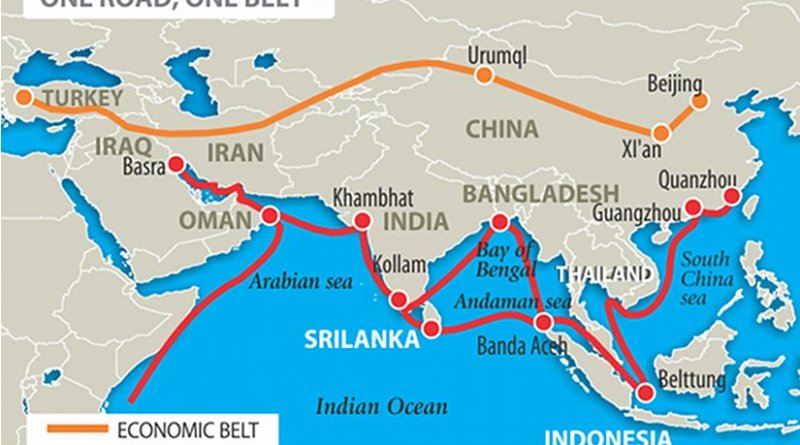
 OpinionExpress.In
OpinionExpress.In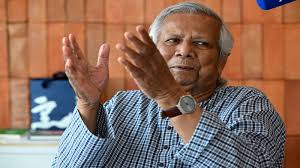


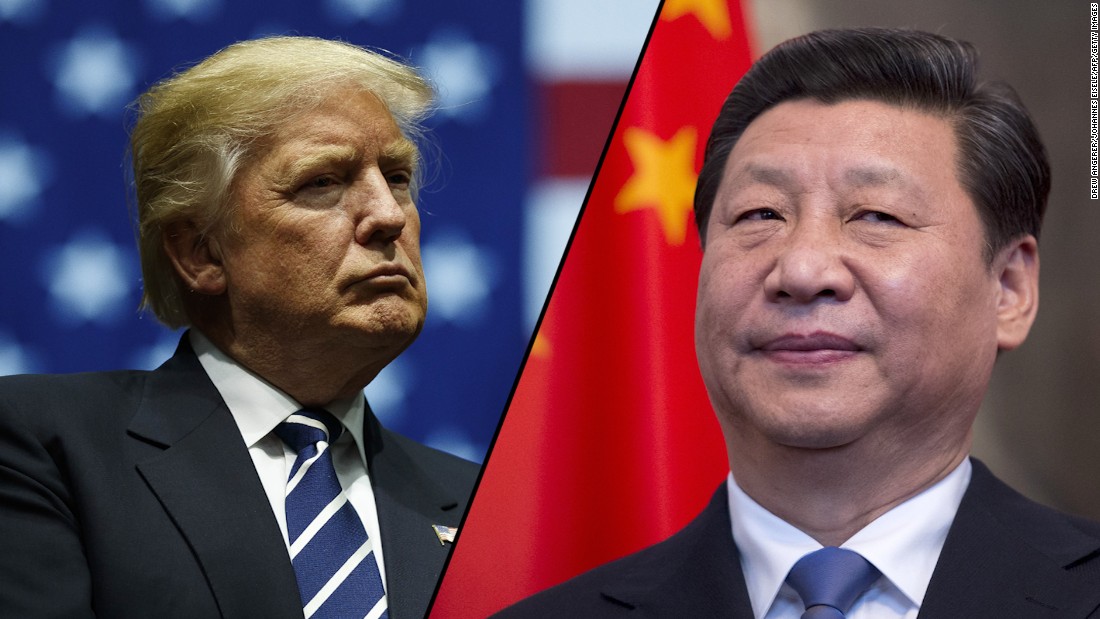
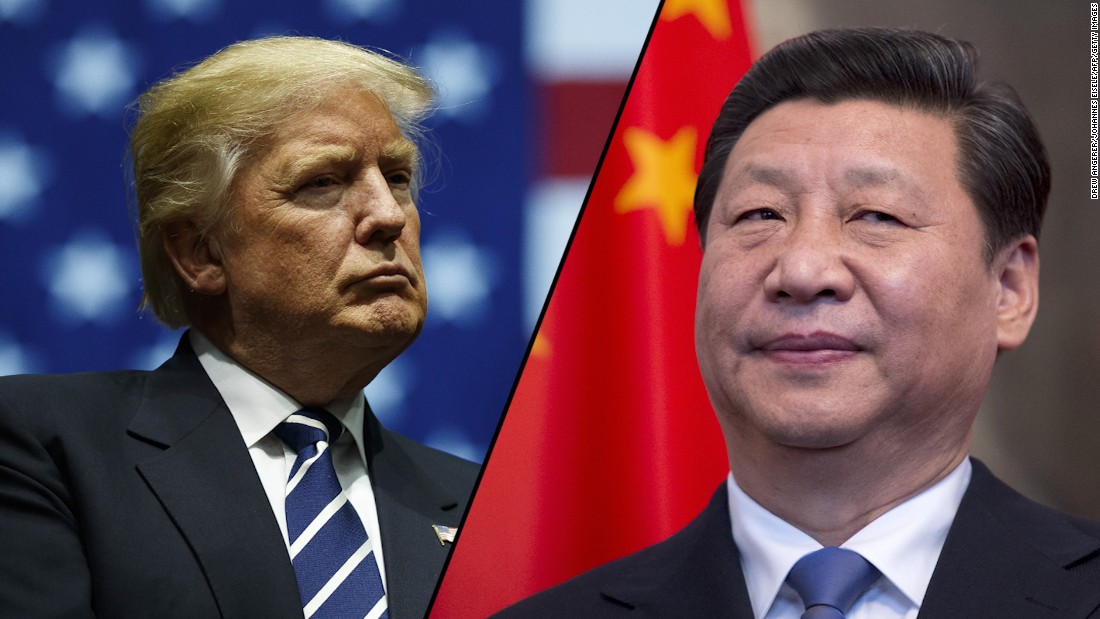



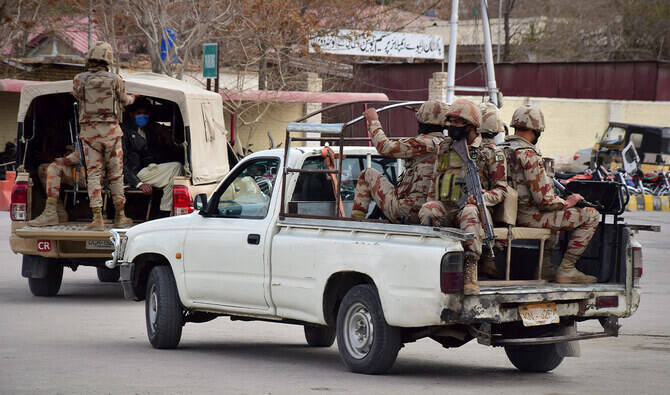
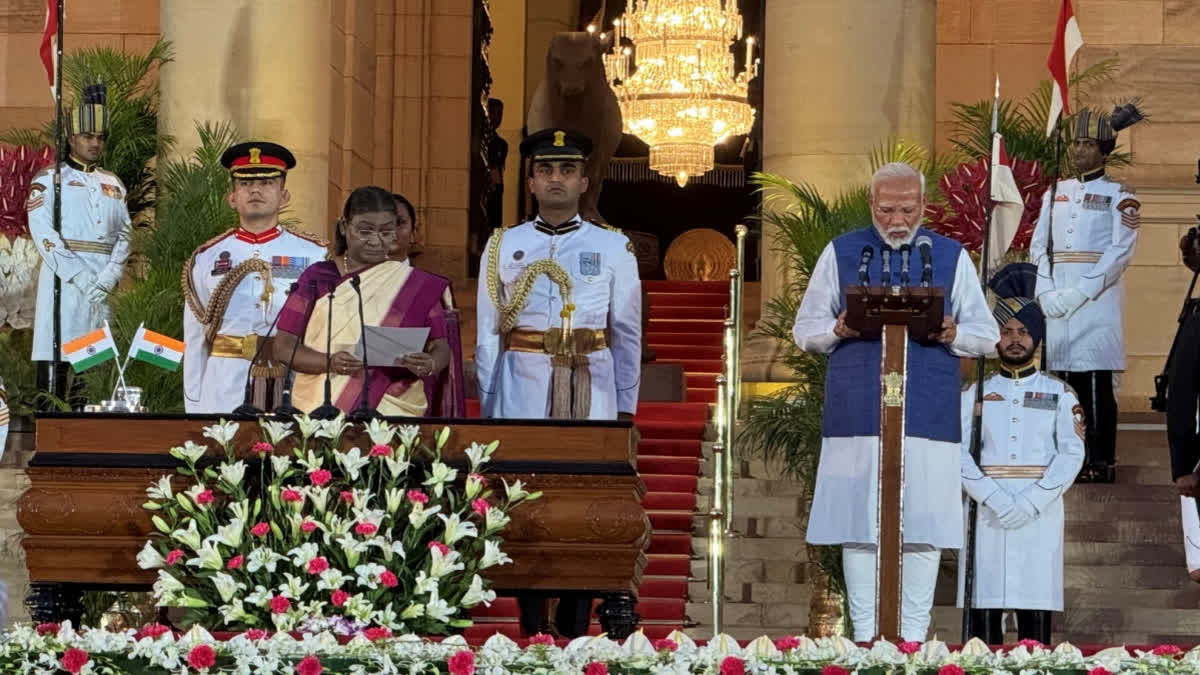






Comments (0)